Since its launch in 2016, ECS Plus has flourished into a widespread movement. At its forefront are leading, forward-thinking institutions that recognize the value of incentivizing open access publishing on an individual, institutional, and global scale.
ECS Plus offers institutions a competitively priced subscription package that grants access to all of the content in the ECS Digital Library, including our top-ranking, authoritative, peer-reviewed journal content, as well as free and unlimited open access publishing for affiliated authors.
Immediately following its January 2016 launch, ECS Plus acquired the National Science and Technology Library of China—a consortium then consisting of just under 800 institutions—as a subscriber. Over the subsequent months, ECS Plus saw a steady rise in subscriber count, reflecting a desire shared among institutions worldwide to make open access publishing a viable option for authors.
If data trends serve as any indication, this desire holds fast. In recent months, ECS Plus gained two new subscribers: Arizona State University and the University of Michigan. Just last month, the National Science and Technology Library of China increased its ECS Plus subscriber count from 907 to 924. The University of South Carolina recently confirmed an ECS Plus subscription for 2018.


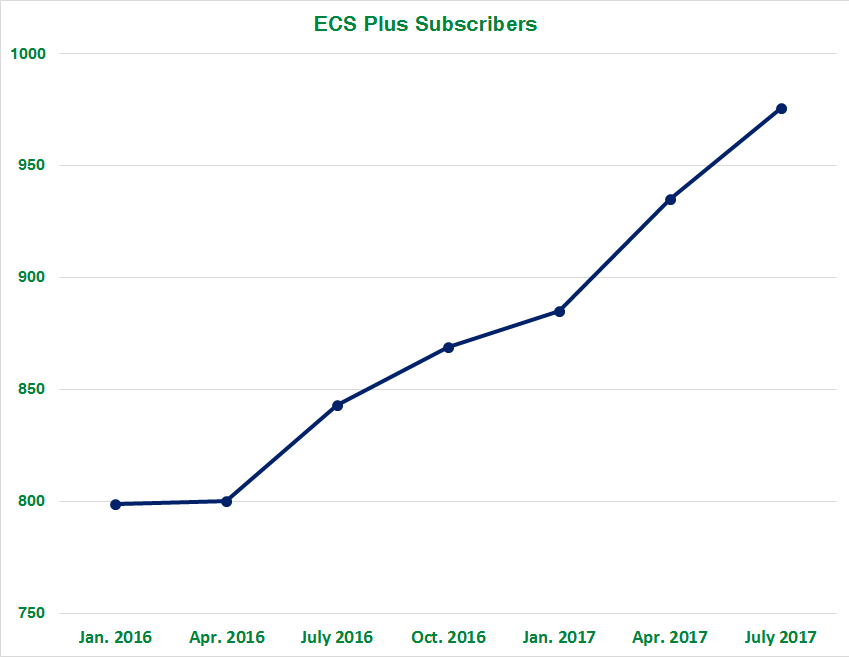

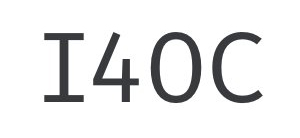 ECS is proud to announce its partnership with the Initiative for Open Citations (I4OC). By joining forces with I4OC, ECS has opened up citation data, further expanding accessibility to scientific knowledge by releasing into the public domain reference data published in
ECS is proud to announce its partnership with the Initiative for Open Citations (I4OC). By joining forces with I4OC, ECS has opened up citation data, further expanding accessibility to scientific knowledge by releasing into the public domain reference data published in 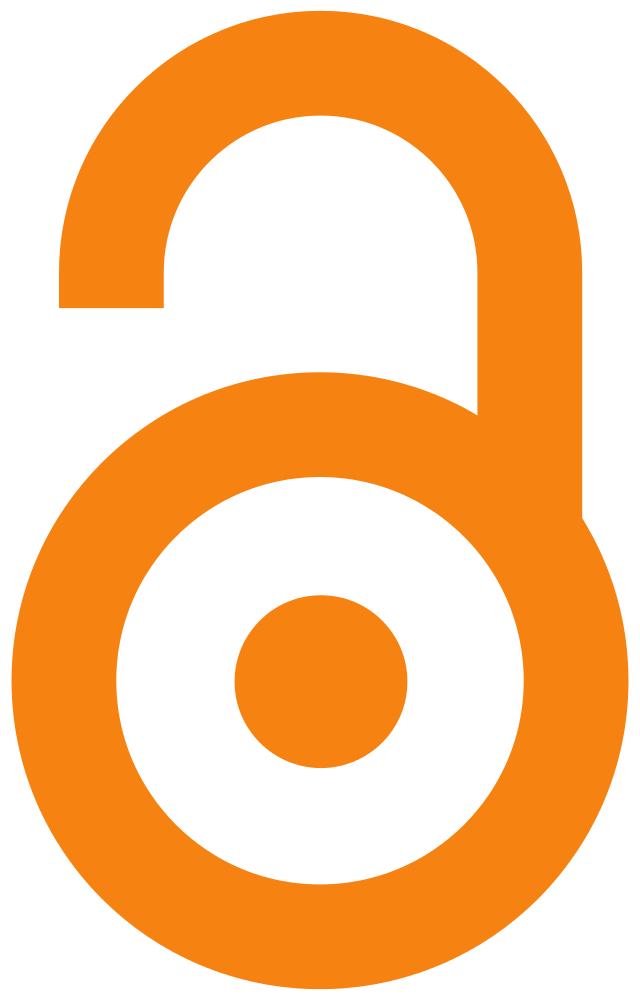 ECS is proud to announce that at the upcoming 232nd ECS Meeting, we will be hosting our first OpenCon satellite event! OpenCon is a conference that places a spotlight, produces discussion, and increases collaboration on issues of open access, open science, open data, open source, and open education. Initially hosted by the Right2Research Coalition and SPARC, satellite events can be held by anyone with an interest in the subject matter. As ECS works to advance its Free the Science initiative, we want to be at the forefront of the open discussion in our industry.
ECS is proud to announce that at the upcoming 232nd ECS Meeting, we will be hosting our first OpenCon satellite event! OpenCon is a conference that places a spotlight, produces discussion, and increases collaboration on issues of open access, open science, open data, open source, and open education. Initially hosted by the Right2Research Coalition and SPARC, satellite events can be held by anyone with an interest in the subject matter. As ECS works to advance its Free the Science initiative, we want to be at the forefront of the open discussion in our industry.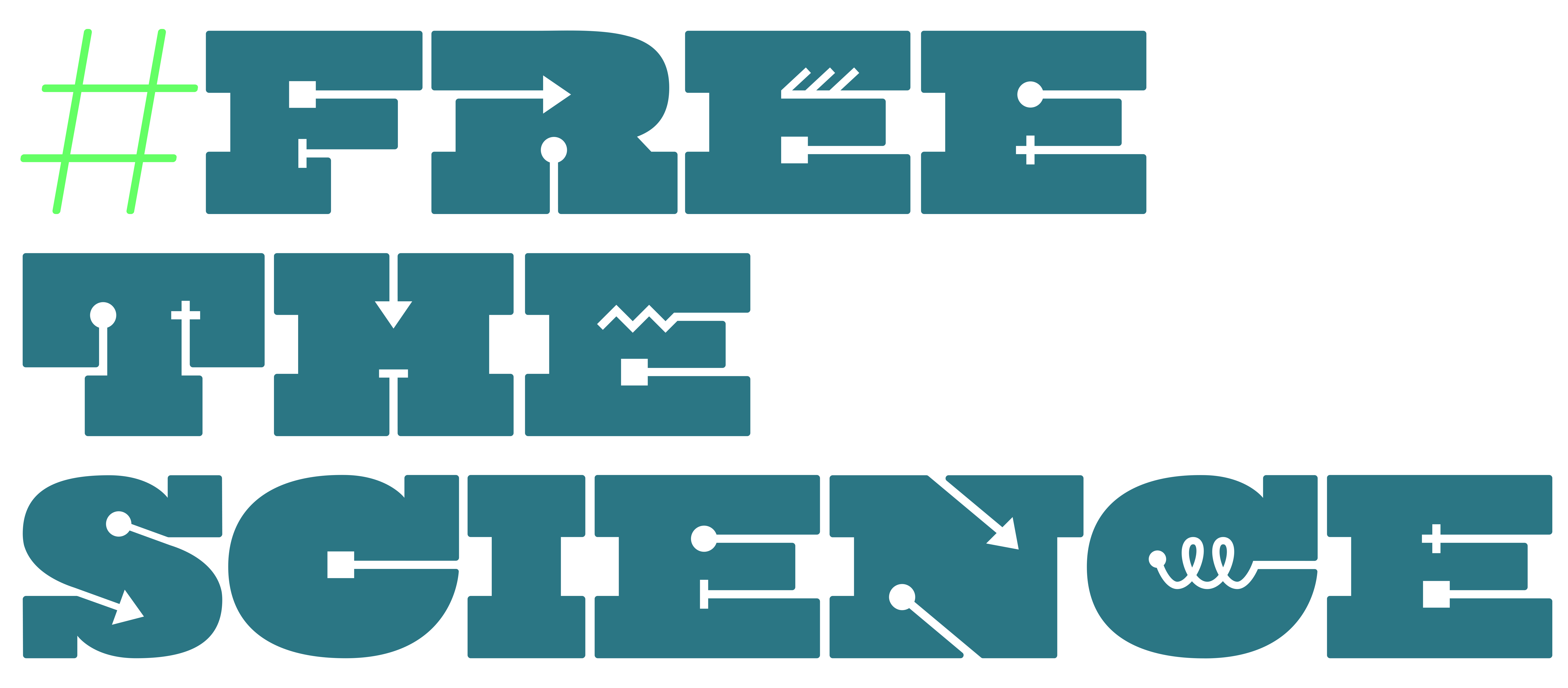 Sci-Hub launched a few years back when Alexandra Elbakyan of Kazakhstan was struggling to find affordable and relevant research through her institution. Fast forward to 2017 and Sci-Hub serves as one of the most common sites that seeks to circumvent paywalls and provide access to scholarly literature.
Sci-Hub launched a few years back when Alexandra Elbakyan of Kazakhstan was struggling to find affordable and relevant research through her institution. Fast forward to 2017 and Sci-Hub serves as one of the most common sites that seeks to circumvent paywalls and provide access to scholarly literature.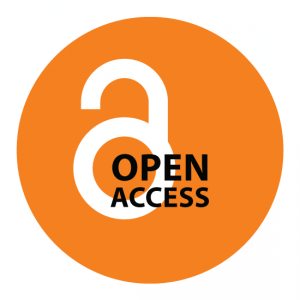 Recently there has been a spate of comment expressing frustration about the allegedly slow progress of open access, and especially Green open access. It is hard to disagree with some of this sentiment, but it is important that frustration not lead us into trying to solve a problem with a worse solution. The key, I believe, to making real advances in open access is to walk away from the commercial publishers who have dominated the market for scholarship. Only if we do that can libraries free up money from our collection budgets to do truly new things. A new business model with the same old players, even if it were possible, would be a mistake.
Recently there has been a spate of comment expressing frustration about the allegedly slow progress of open access, and especially Green open access. It is hard to disagree with some of this sentiment, but it is important that frustration not lead us into trying to solve a problem with a worse solution. The key, I believe, to making real advances in open access is to walk away from the commercial publishers who have dominated the market for scholarship. Only if we do that can libraries free up money from our collection budgets to do truly new things. A new business model with the same old players, even if it were possible, would be a mistake.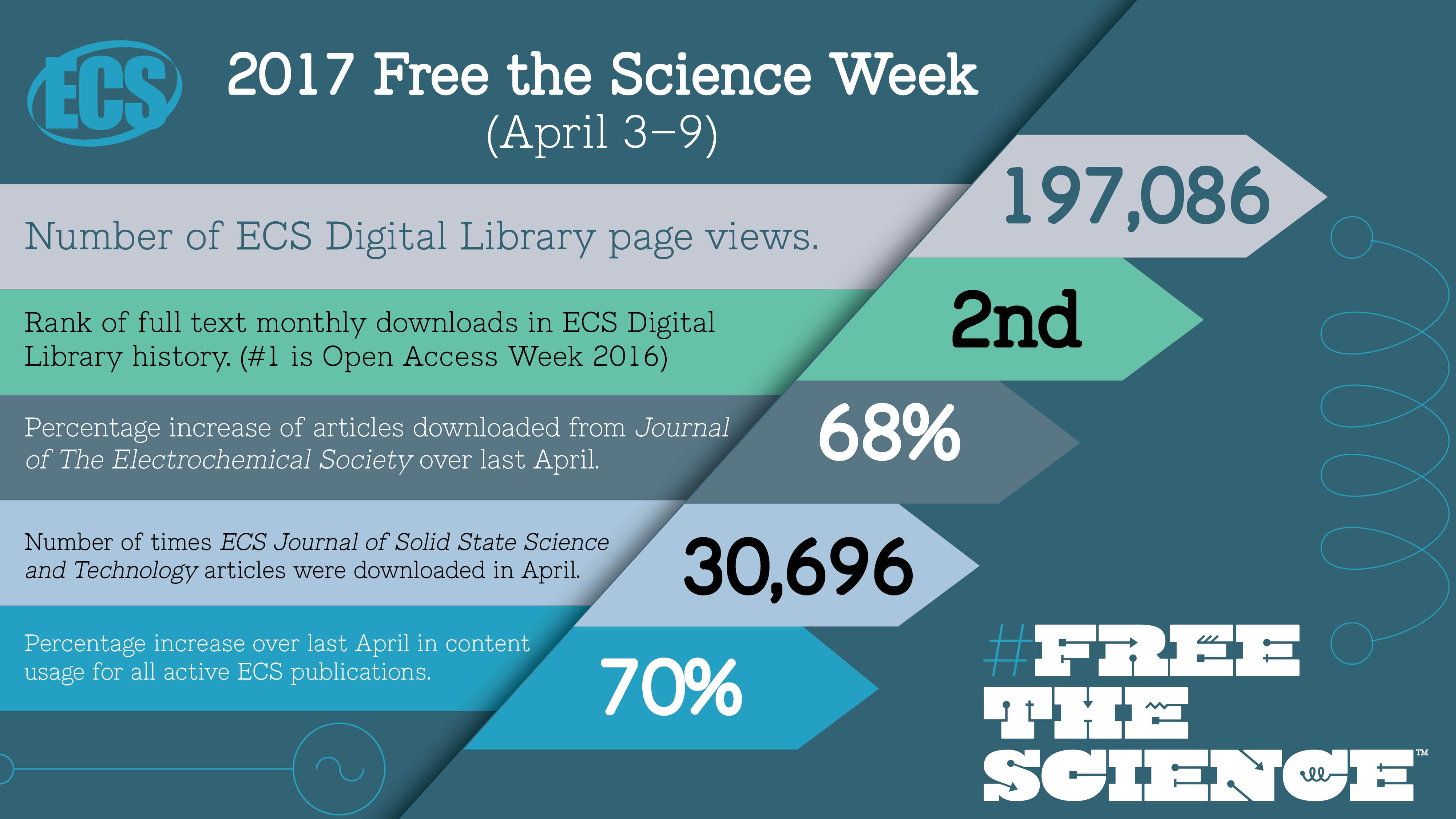
 What is “open science”?
What is “open science”?